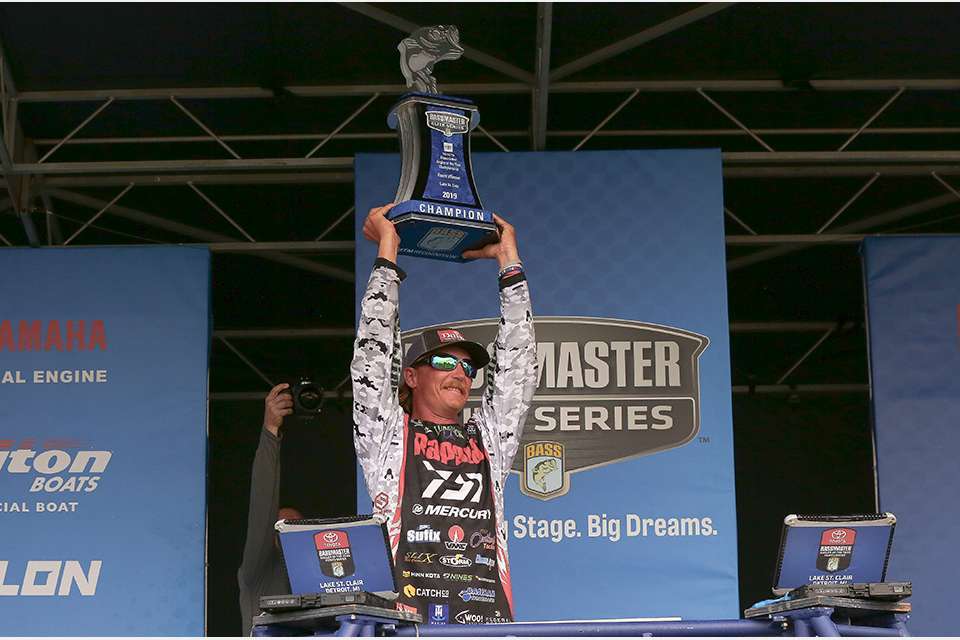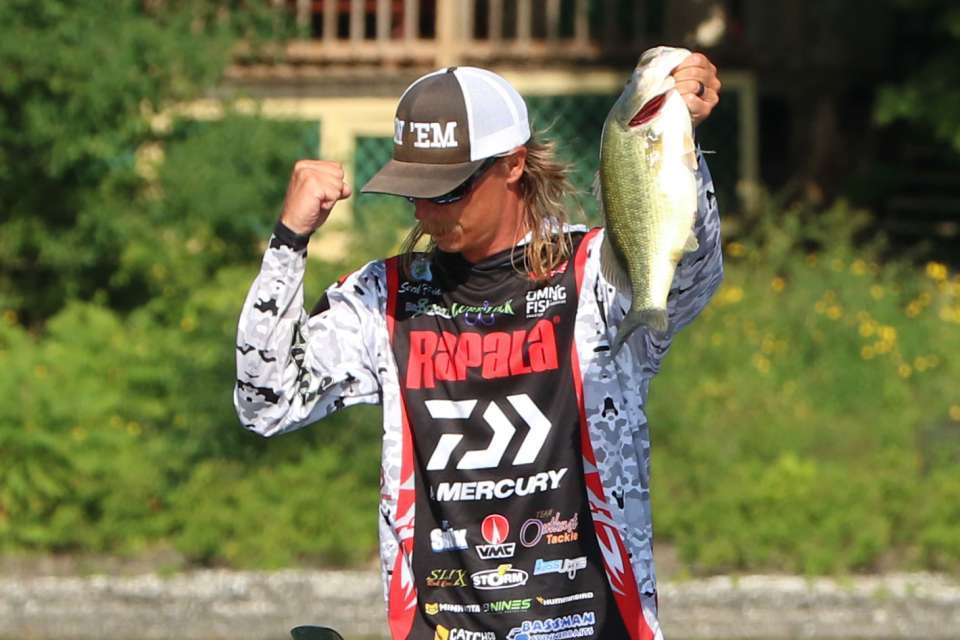
Earlier in his professional career, when he was still sleeping on couches and talking about his hair as much as about his skills, Seth Feider might’ve just been content to make the Bassmaster Classic. Now, a few years later but worlds apart, he’s qualified for three of them, and “just happy to be here” is no longer part of his repertoire.
Part of that is driven by his two victories in Bassmaster Angler of the Year Championships — in 2016 on Mille Lacs and in 2019 on Lake St. Clair — where he beat small fields of anglers performing at the top of their game. Part of it is that he’s now made enough circuits of the country casting for cash that no type of fishery or changing conditions are going to surprise him. As he heads to Alabama’s Lake Guntersville for the 2020 Academy Sports + Outdoors Bassmaster Classic presented by Huk, Feider welcomes the big stage and feels that he’s ready for it.
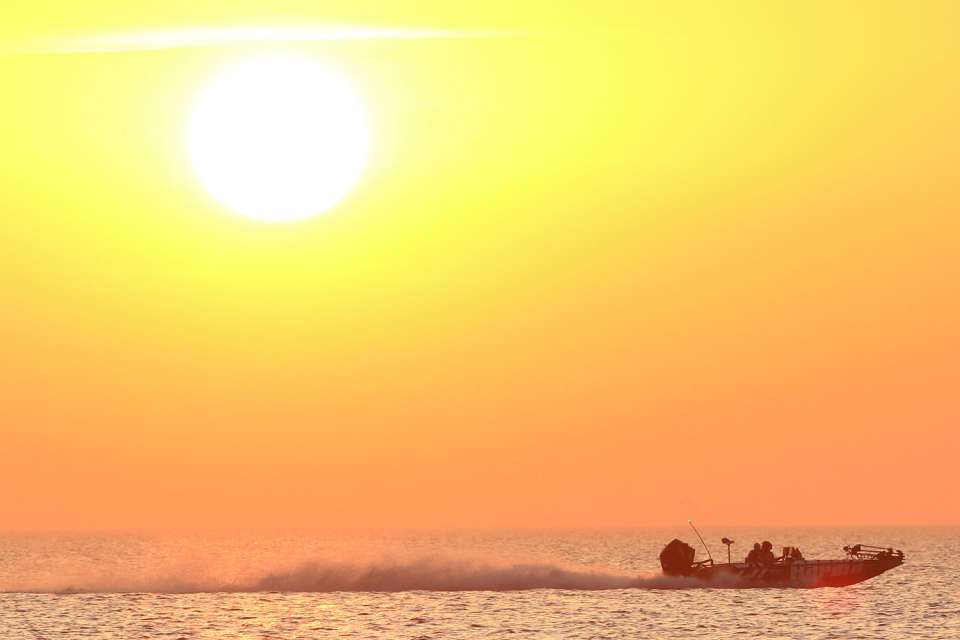
“The first time I went to Guntersville, I struggled,” he recalled. “I kind of hated the lake, but I feel a lot better about it now. And now that I’ve fished a couple of Classics, I also feel that I know how to practice better.”
Unlike Mille Lacs, where he had a distinct home-water advantage, or St. Clair, where he thinks his victory was “meant to be” and “predetermined before blast-off the first day,” on the big TVA playing field he’ll have to constantly adjust to remain in contention.
“It’ll have to develop during the tournament, not like a normal tournament,” he said. “Our practice is so strung out that it’s almost meaningless, so I will treat the first days almost like pre-practice. You don’t want to get stuck on a bite during those first couple of days of practice and then ride on false hope.”
A big part of his confidence comes from his 11th-place finish on Guntersville this past June, his second-best regular seasons finish of what was an exceptional year that saw him cruise to fifth place in the AOY race.
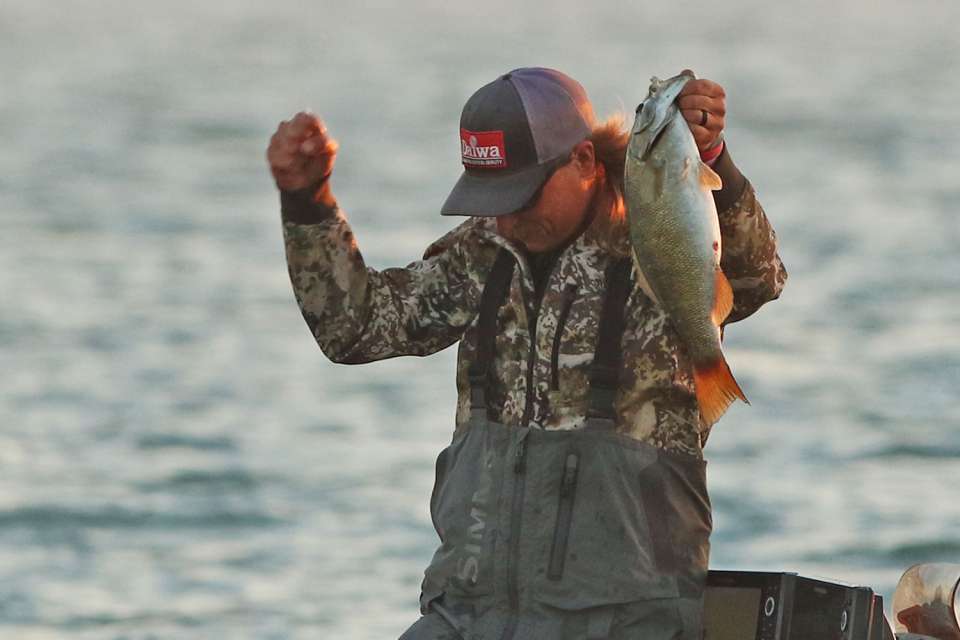
“That finish was a big kick in the ass to say ‘You can do this, dude,’” said traveling partner Chris Groh of Illinois. “Seth did well doing what he wanted to do.”
Groh has witnessed Feider’s changed mentality firsthand: “At the beginning of his career he might’ve been scared of it, but now he’s definitely a Super Six candidate. If it’s grass-related, he’s going to find something special, and the world’s going to see it.”
Indeed, Feider expects that the best finishers will be “on a spot deal more than a pattern deal,” but he expects that his best chance will be if that spot involves vegetation. While he’s rightfully considered a northern-waters smallmouth guru, much of his experience was built by flipping a tube or a jig into deep milfoil. He won’t limit himself to that sort of environment, but if it rises to the top of his strike zone he’ll welcome that development.
“I can’t win on a bridge,” he said, referring to several recent Guntersville winners, including 2014 Classic champion Randy Howell, who landed their catches at one of the lake’s many overhead roadways. “I’m too stubborn to mix it up like that.”
His prior Classic performances have been solid, but not exceptional — 18th at Lake Hartwell in 2018 and 15th on the Tennessee River in 2019. Now, he seeks to quiet anyone who doubts his north-south-east-west bona fides. In addition to finishing 11th on Guntersville this year, he came in 12th at Lake Fork and earned solid checks at the St. Johns, Lanier and Hartwell. Still, in order to cement his status as a top-tier pro he needs a signature southern win. There’s no better stage for that than the biggest one in the sport.
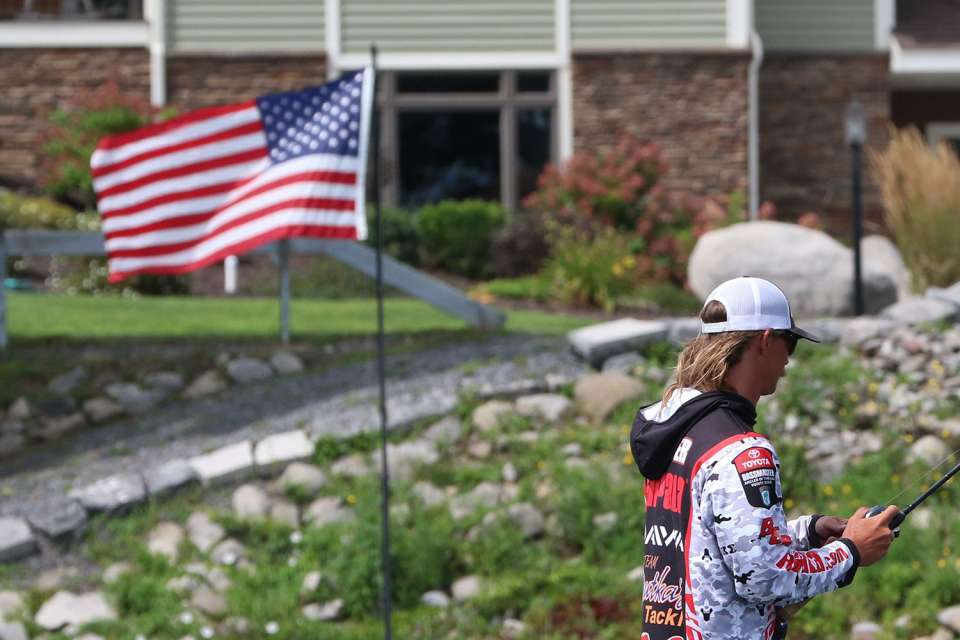
“The Classic win solidifies you in Bassmaster history forever,” he said. “I can name every Classic winner since I started watching as a kid. You look at Tom Brady. He’s not that impressive statistically, but he’s won six Super Bowls. That makes him the greatest ever.”
Feider recognizes that as long as the Classic remains early in the year, he’ll always have to drive a long distance to fish it, and that’s a bargain he’s willing to strike.
“It’s always going to be down south, which means that it will never be in my wheelhouse,” he said. “But I’m not as worried about that kind of stuff anymore. In general, I’m going to try a lot harder to fish reckless, to win a regular season event, and to worry a lot less about points.”
But first, he’ll go after the sport’s biggest prize, on one of its most-storied stages.
While he’s tempted to say he “should just shut up and start fishing bridges,” Feider is also distinctly more aware that his best success has come when he’s resisted running with the crowd. He’s no longer the northern specialist, occasional contender and outsized personality who joined the Elites in 2015. Now, he’s something of a senior statesman and far from an unknown commodity. A win at the Classic would seal that deal.
“In my eyes it’s really no different than any other tournament,” he said. “Just a little extra hoopla.” And, of course, if he were to win, the ensuing party might be unlike anything the staid South has ever seen before. “More than one day, for sure,” he said.
